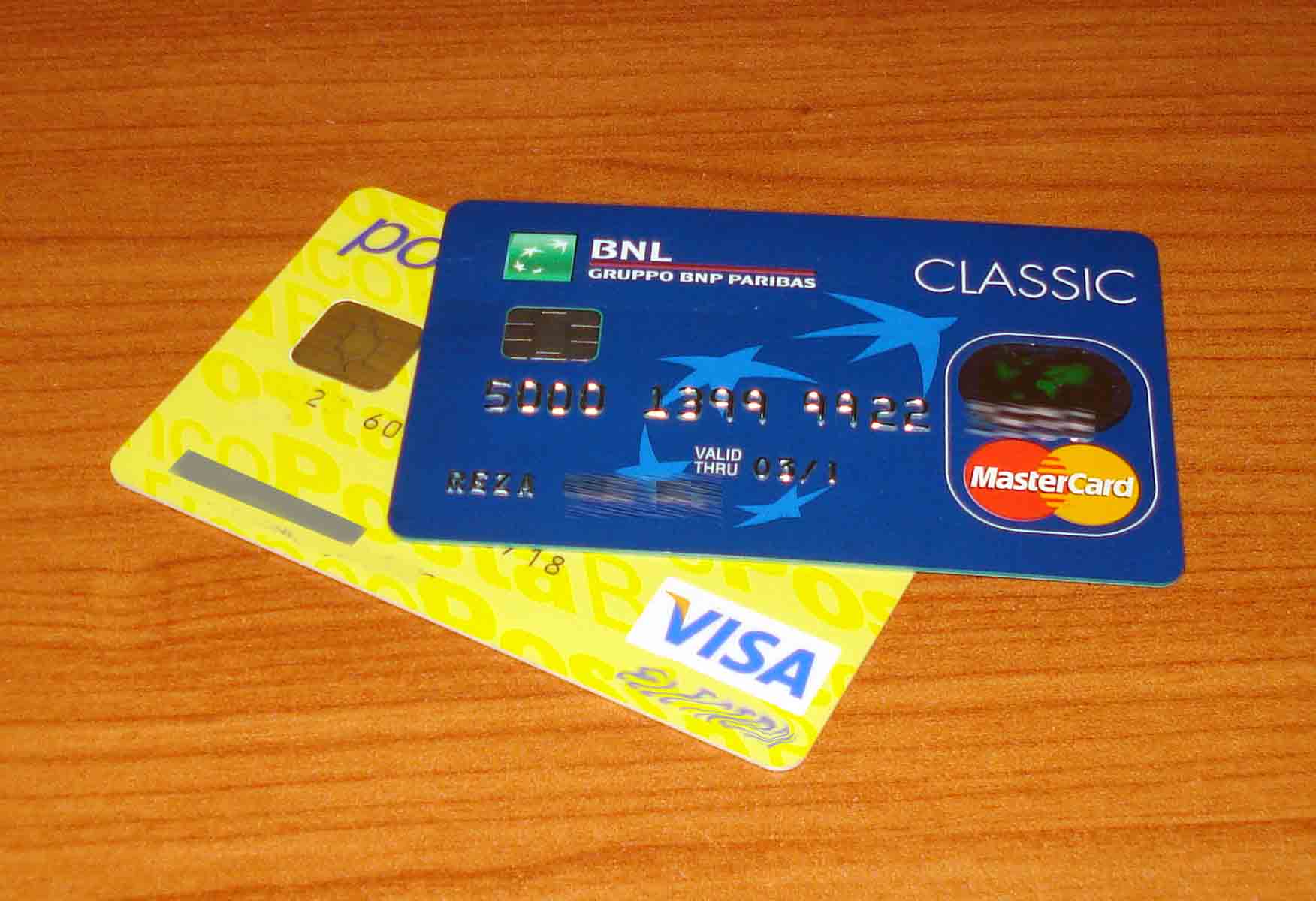During the last four years the total U.S house hold debt has reached a record high. Experts are arguing whether this is a sign of improving economy or a bad omen that indicates the struggle of common citizens to keep up with everyday expenses. From the current indicators it seems as the economy is not improving. A clear sign is that more and more people are filing for national debt relief service.
Whether you are already under a huge pile of debt or not, it is extremely important for you to manage your debt. In this article we will mentions some simple but very useful tips on managing your debt.
- Setup a Household Budget:
Setting up a household budget will help you in identifying and restricting your spending pattern. Take a moment and design this budget in accordance with your monthly income. You can also compare your last months spending with your current months estimate. Doing so will give you an idea of where and when you are spending unnecessarily. Make sure that your budget has some constraints so that you never venture out of the limit of your monthly income.
- Refrain from Increasing your Debt:
Taking more credit when you are already under debt will only get you in more trouble and a bad credit card score. As soon as you realize that your debt is getting out of hand, you must put aside your credit card and refrain from unnecessary spending. Instead of using credit card you must try to pay cash more often. If in any emergency you don’t have any choice but to bring your credit card in action then use the one with the lowest interest rate.
- Prioritize Debt Payments:
This is where you sit down and try to understand your debts. A key point to note here is that not all debts have equal obligations on you. You must focus more on those debts that have highest interest rates. While you are dealing with the most expensive debts, try to move the rest of the debts to your other credit cards that have lowest interest rates.
- Get in Touch with your Creditor:
It might sound unreasonable to some but it is a very practical and viable option. There is absolutely no harm in contacting your creditors and requesting them to lower the interest rates or to help you with a new repayment plan. Often creditors prefer heeding to their client’s request rather than to risk the scenario where they go default on their debts.
- Make Extra Payments whenever Possible:
Whenever you save some money, instead of spending it on leisure you must make extra payments. Making extra payments will help you to repay the entire debt as early as possible. Many creditors have rewarding policies, as a client if you make extra payments frequently then there is a possibility that you will be rewarded with lower interest rates. The idea here is to limit the discretionary spending and focus more on repayments.
Paul Ritz is an associate at National Debt Relief, a BBB accredited business that has helped thousands of Americans resolve credit card debt problems. Consumers can take advantage of a free debt counseling session to discover the options for debt relief with no obligation.





